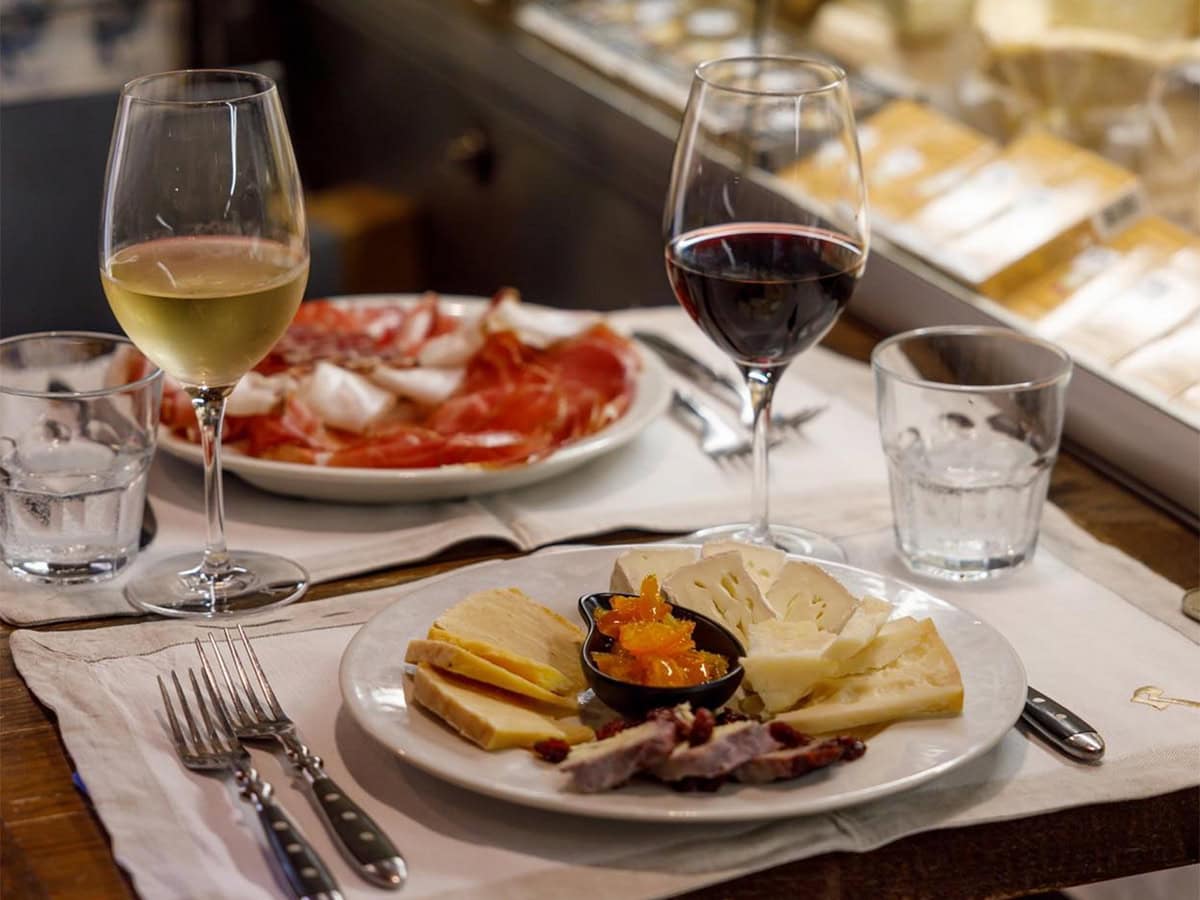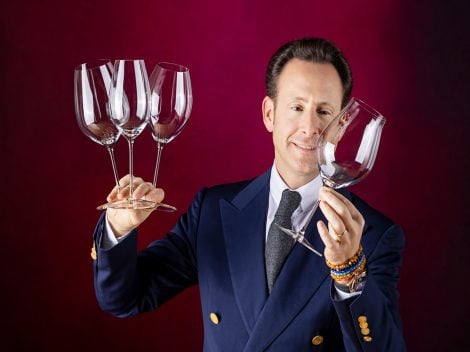“If I don’t like a restaurant, I simply avoid writing about it.”
“Harsh reviews aren’t constructive. If something’s wrong, I discreetly mention it to the chef. Face-to-face.”
“I want to capture the beauty of gastronomic experiences. Negative aspects don’t interest me.”
Anyone unfamiliar with statements like these knows nothing about food critics. Take it from me—I’ve been part of this world for thirty years.

Valerio Massimo Visintin
The caricature of the ruthless critic
A shallow, cartoonish depiction paints us as stern, uncompromising judges. People with forks and cleavers where their hearts should be. The reality couldn’t be further from that: we’re softies. Men and women you could cut with a breadstick. Our approach to the profession is one of poetic existential courtesy. If someone serves us a disaster on a plate, we erase our notes, turn the other cheek, and dutifully move on to the next dish.
In any other field of journalism—film, literature, art, theatre—systematically omitting negative reviews would be met with ridicule and scorn. For us, on the other hand, it’s a golden rule, embraced as gospel by the entire community. If self-censorship were limited to truly dire cases—the realm of harsh criticism—our mission might still be effective. It could be seen as a moral boundary born of the compassion of a group softened by excess food and drink. But ours is a more holistic moral discipline.
And on the rare occasion when someone breaks this unwritten code, the resulting uproar reverberates across the chasm of social media like heresy. “How cruel, how vindictive, how insensitive!”
No room for objective and reasoned analysis
Except for rare exceptions, then, we publish glowing accounts of idyllic places, as if there were no middle ground between “I didn’t like it” and “I loved it unconditionally.” Nowhere (or almost nowhere) in our dulcet prose is there even the faintest hint of criticism. No detail out of place, no undercooked or overcooked dish, no ill-advised or inappropriate pairing, no service misstep. Not a shadow of doubt. Not even about the prices—a detail often neglected or outright omitted in our reports. But that’s easily explained: we don’t pay a dime.
What do you expect? Critics write for chefs!
Sometimes I fear that unsuspecting readers misunderstand us, assuming food critics are fundamentally incapable of expressing genuine opinions, paralysed by convenience and cowardice. That’s not the case. Free invitations, sponsor pressures, and deference to celebrity chefs are entirely irrelevant. There’s no point fuelling the usual rumour mill.
But honestly, what do readers expect? We write for the chefs.


 “People know nothing about wine: simplicity and conviviality are the keys.” The (rewarding) method of Signorvino
“People know nothing about wine: simplicity and conviviality are the keys.” The (rewarding) method of Signorvino The soup of the partisan couriers: what the women of the Resistance used to cook
The soup of the partisan couriers: what the women of the Resistance used to cook The 14 Rosso di Montalcino wines with the best quality-price ratio
The 14 Rosso di Montalcino wines with the best quality-price ratio One of Lazio’s best trattorias opens a bakery and a seafood restaurant: here are Buccia’s new projects
One of Lazio’s best trattorias opens a bakery and a seafood restaurant: here are Buccia’s new projects Where to drink in Rome: the best Wine Bars with food selected by Gambero Rosso
Where to drink in Rome: the best Wine Bars with food selected by Gambero Rosso






